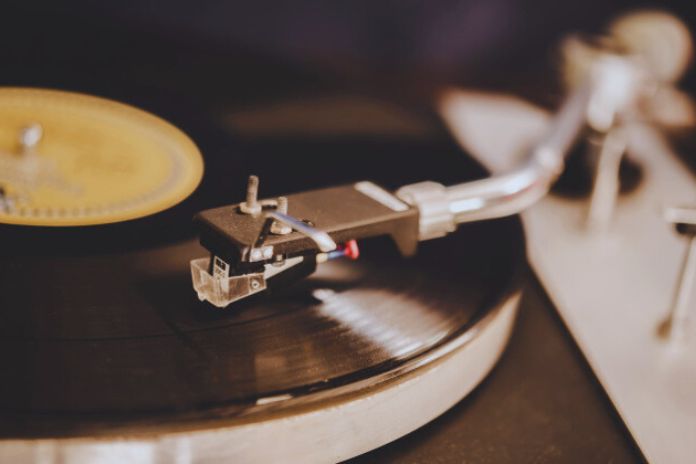Knowing how a turntable works helps capitalize on your vinyl records. How about we comprehend how these gadgets are made, what choices the market offers, and other accommodating data?
How Is A Record Player Made?
To understand how a turntable works, beginning with its fundamental construction is fundamental. Such a gadget contains critical components, including the platter, arm, read head, and engine. The materials may change with outer designs in plastic, wood, aluminum, thick plates, S-molded arms, or different shapes.
The scene is exceptionally shifted and changes from one model to another. The equivalent goes for the plan: the exemplary other options, the attaché ones (frequently connected to minimal expense models), and the upward ones to hold tight to the wall.
The Essential Parts Of A Turntable
The essential parts of a turntable incorporate the platter, engine, arm, and cartridge. This is a speedy portrayal of them:
- The platter: the amount on which the vinyl is placed;
- The component is responsible for positioning the reading head on the disk surface;
- The motor (or belt) rotates the platter at a constant speed to ensure precise playback;
- The chair converts the vinyl grooves into audio signals for listening.
How Belt-Driven Turntables Work
Belt-driven turntables are a far and wide other option. They work with the assistance of a versatile belt that associates the engine with the platter. At the point when the motor turns, the belt turns the platter continually. This plan decreases vibrations and guarantees significant sound proliferation.
How Do Direct-Drive Turntables Work?
Direct-drive turntables have the motor connected to the platter. Limit. DJs regularly favor Decisions of this sort for their capacity to start quickly and go against control.
How Does Vinyl Work?
Vinyl records contain audio recordings as scores. As the scrutinizing head slides along these miseries, it distinguishes assortments and converts them into electrical signs. These signs are then increased and conveyed to the speakers, making the sound we hear.
How Does A Turntable Head Work?
The playhead is a crucial part of the turntable.
Three Turntables To Choose From To Start Listening To Vinyl
The offer of turntables is more vast and diversified than ever. Here are three models from our catalog designed to best listen to your vinyl records. It includes a little tip that follows the vinyl grooves with outrageous accuracy. As it moves, as we said beforehand, the end catches the varieties of the tracks, which are changed over into electrical signs. These are then shipped off the preamplifier to enhance and replicate the sound.
Cambridge Audio Alva ST
The Cambridge Alva ST turntable stands out for its versatility, offering a “fitting and play” mode and the comfort of the remote network. Because of its coordinated phono pre-stage, you can interface it straightforwardly with the superficial contributions of your gadgets, like incorporated intensifiers or dynamic frameworks. The Alva ST is the best simple hotspot for the Hatchet series enhancers, including the Hatchet A25, the littlest in the reach, and the Hatchet A35, its all the more remarkable partner, as well as the Hatchet R85, Hatchet R100 beneficiaries, and Hatchet R100D.
Rega Planar 1
The heart of the Rega Planar 1 is its 24V synchronous motor, hand-crafted to limit undesirable vibrations. The most recent age EBLT belt has been acquainted with work on additional presentation, ensuring predominant accuracy and a prominent forward-moving step in playback speed. The style is profoundly refined. The completions are top-notch and made for a flawless look close to an undeniable level of specialized setup.
Pro-Ject JUKEBOX E1
Project Juke Box E1 is a complete solution: turntable, phono preamplifier, Bluetooth receiver, line preamplifier, and integrated amplifier, all in a single device. Add a pair of speakers to get a respectable sound system. In concrete terms, it is a belt-driven turntable that offers quick and uncomplicated installation, as it is set up correctly. Tracking and anti-skating are preset for the already mounted Ortofon OM 5E cartridge.
Choose Your Next Turntable On HiFi Prestige
Once you understand how a turntable works, it will be easier to make the right choice when looking for the following device for your vinyl records.
Also Read: AI In SEO & ADV: Increase Your Margin And Grow E-Commerce

